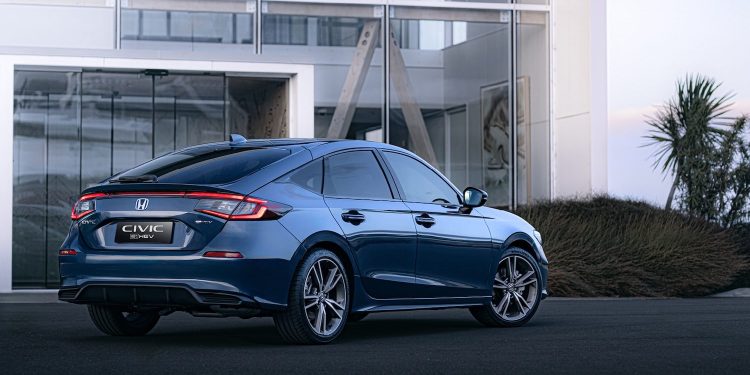New more efficient hybrids coming for Honda
Words/Images NZ Autocar
Honda is developing new hybrid models powered by what it says is “the world’s most efficient” combustion powertrain. It is in part a response to slow EV sales.
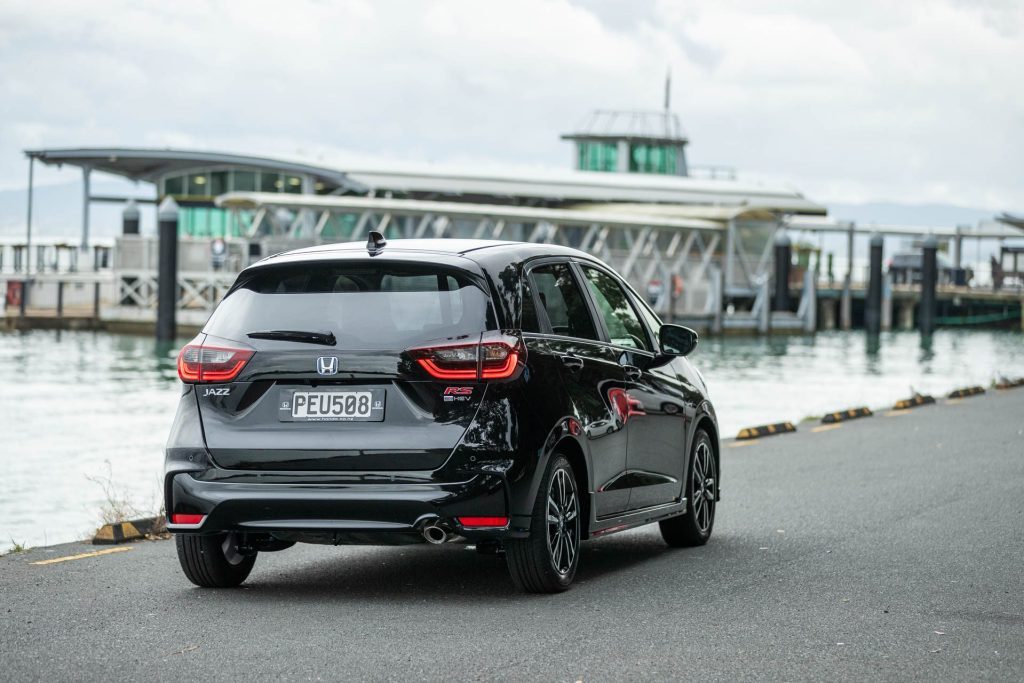
At least 13 new Hondas will arrive between 2027 and 2030 in a revised range of hybrids. Kicking things off are replacements for Civic and Jazz.
The new efficient hybrids will help the company to navigate the “transition period” between ICE power and electric.
Announcing the strategy rethink recently, Honda CEO Toshihiro Mibe noted that “demand for hybrid-electric vehicles is growing”. He added “the expansion of the EV market has fallen behind the initial projection”.
Mibe felt that the relaxation of CO2 emissions in the US was to blame for the slow growth of EVs.
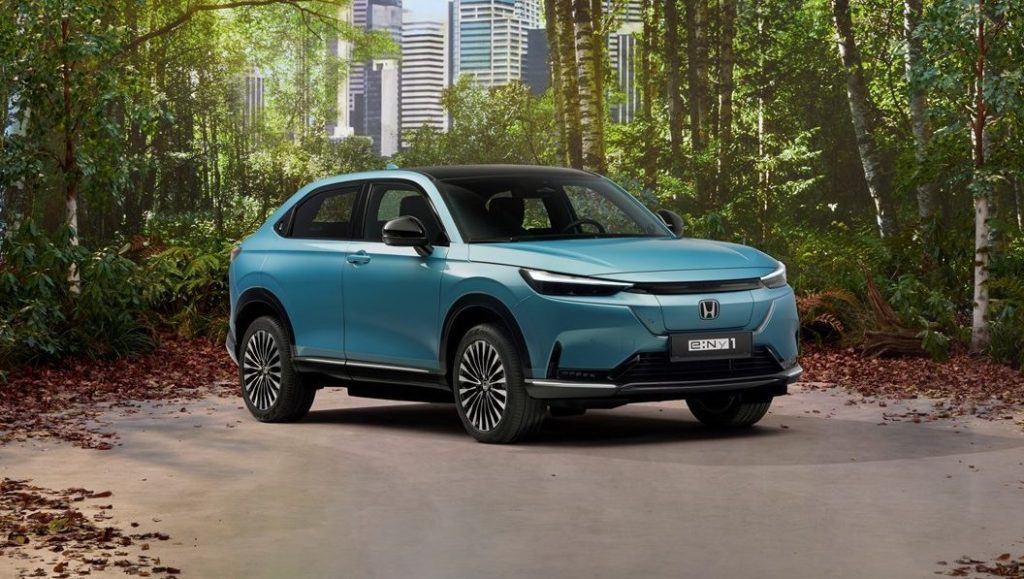
Honda has not said specifically which cars will be first to receive the new powertrain. It is expected to be of the non-plug-in variety and will come in 1.5- and 2.0-litre forms. That matches the capacities of the engines in the current Jazz and Civic. Both are due substantial updates in the coming years.
The 1.5-litre version will provide peak torque over a rev range that’s 40 per cent broader than currently to maximise efficiency without compromising driving pleasure.
Check out our review of Honda’s HR-V Sport.
Both variants will deliver the best thermal performance of any combustion engine on the market, according to Honda. Meanwhile, the hybrid system’s electric motor is smaller to reduce weight and improve packaging.
Honda says to expect a 10 per cent improvement in fuel economy. For reference, the current 1.5-litre Jazz returns 3.8L/100km while the 2.0-litre Civic manages 5.1L/100km.
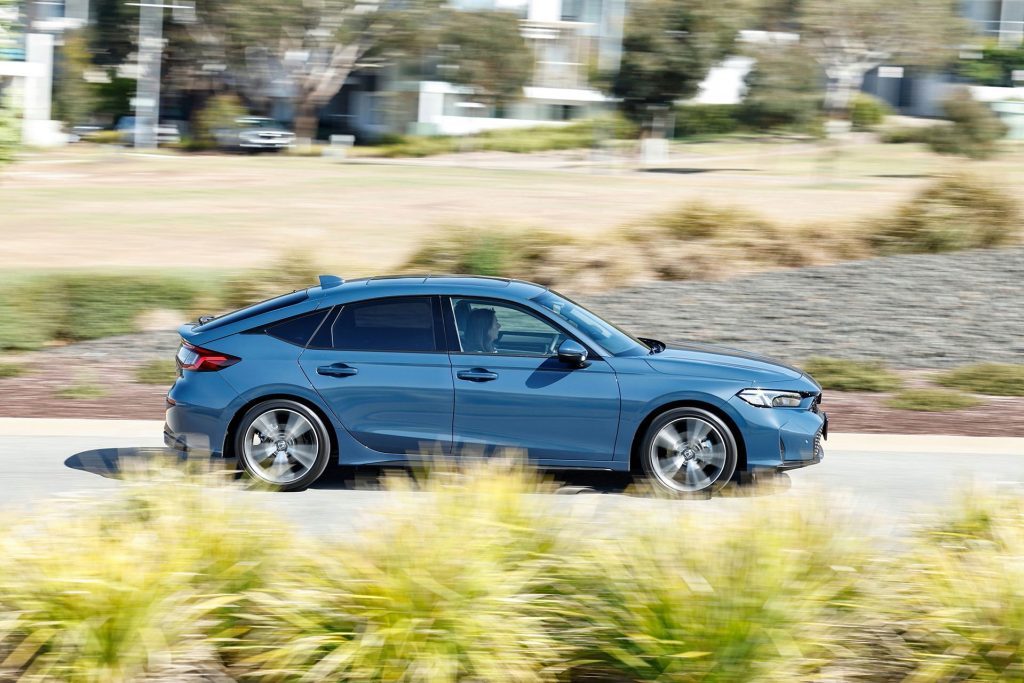
Both cars will utilise a new platform that promises better driver engagement, comfort and safety. Civic will be 90kg lighter than the current structure and the bodies applied to the frame will bring a further 10 per cent saving in weight.
Moreover, the models based on the new platform will share at least 60 per cent of their parts, such as the engine bay and rear floor. The new hybrid powertrains, meanwhile, will be 30 per cent cheaper to produce than those launched in 2023.
Despite cutting its planned investment into EVs, Honda remains committed to their development. “We would like to see the battery EV business as a pillar of our business from 2030 onward,” CEO Toshihiro Mibe told investors.
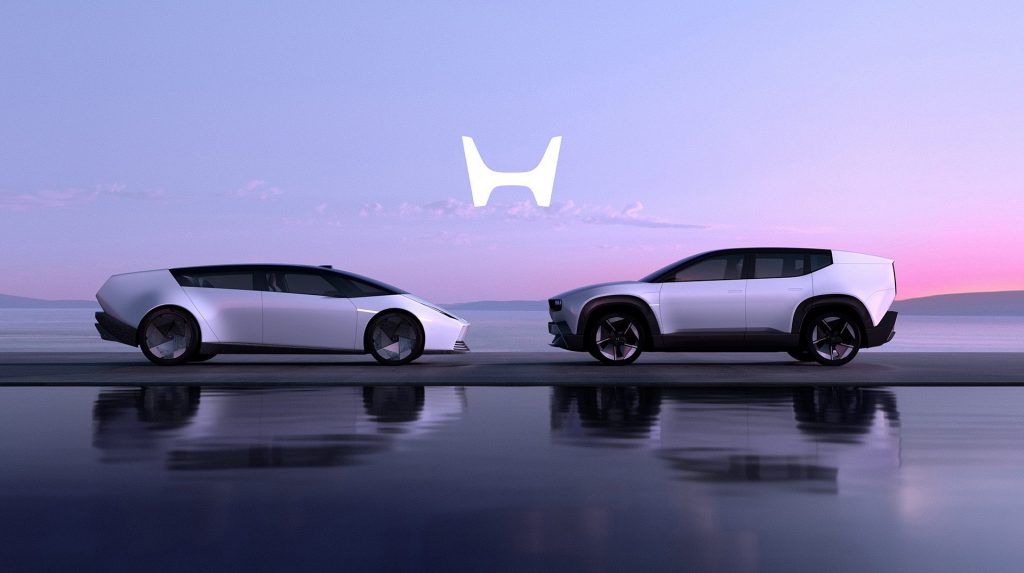
The 0 Series of electric cars due to be launched in the US next year represents an effective reset of the company’s approach to the market, following a poor showing from the E hatchback and disappointing e:Ny1 crossover sales overseas.
The electric saloon and upcoming SUV usher in a new design language for Honda that will not be shared with the hybrids. However, a new emblem will be seen on all new Hondas.
Toshinobu Minami, head of Honda’s design centre, said “Dynamic and simple will be key words for all models in future.”


